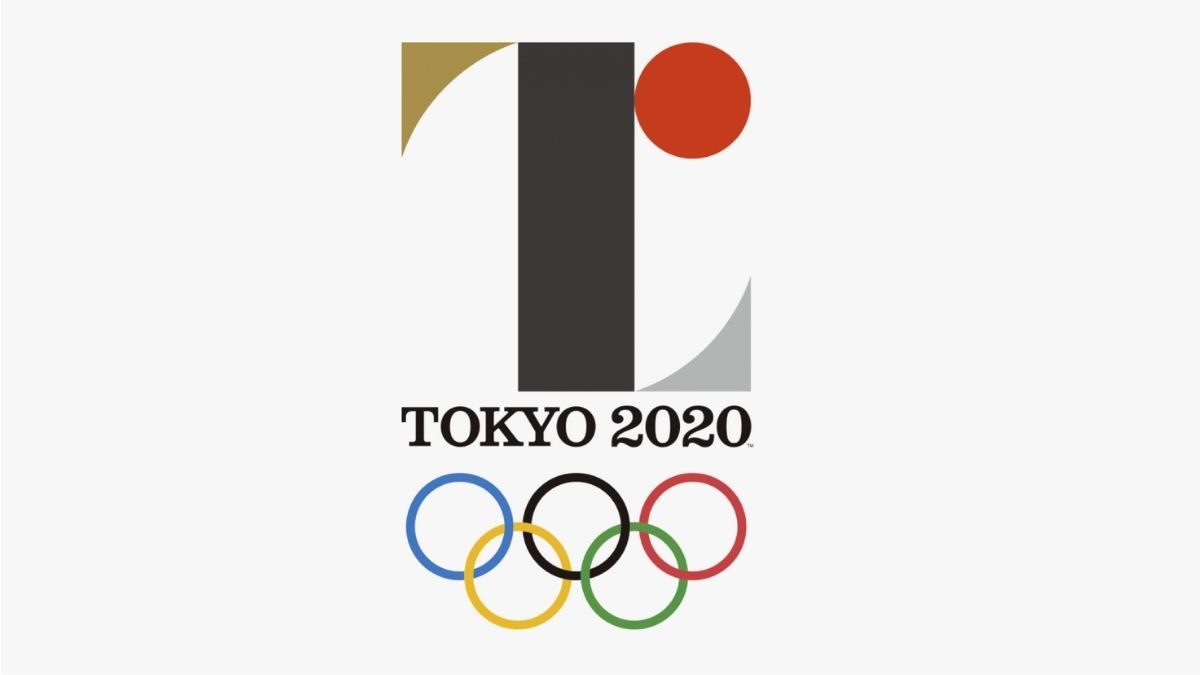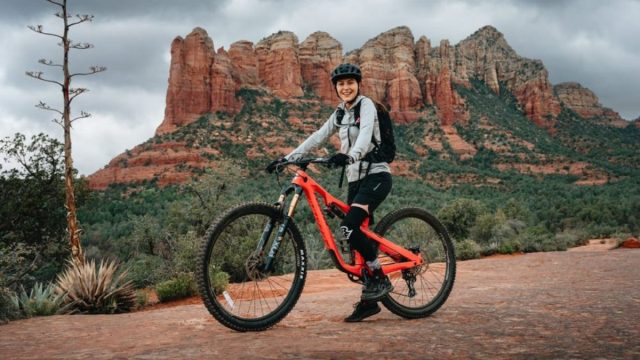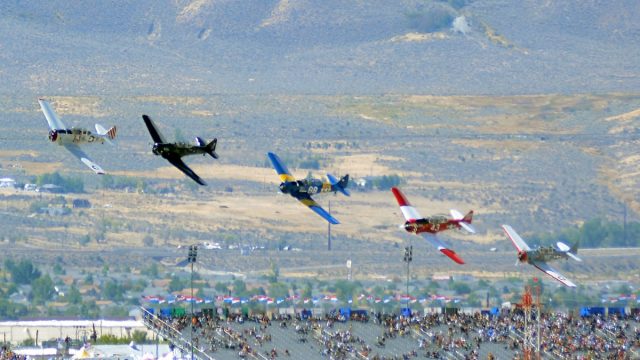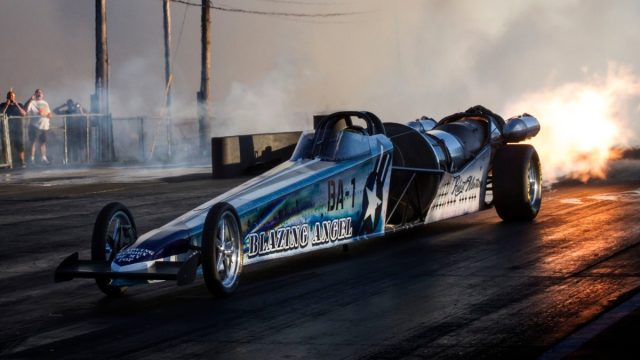Rob Koehler, the director-general of the rights organization Global Athlete, slammed the ‘ridiculousness’ of the Tokyo Games playbooks. “When you go to an Olympic Games, there are still thousands of contraceptives in the athletes’ village to guarantee safe sex,” he told the Toronto Star. But, in the event of a pandemic, they are unable to give free medical-grade masks to all rivals, which makes little sense.
Koehler isn’t the only one struggling to figure out how the Games will be held in the midst of a pandemic in less than 75 days.
On Sunday, in front of vacant seats and fake applause, American sprinter Justin Gatlin reached the 100m finish line first during the track and field test event at the Olympic Stadium. After seeing what the Games will be like in July and August, he said that “a lot of athletes are not going to be pleased” with the limits that have been imposed.
According to numerous Japanese opinion surveys, the prohibitions outlined in the playbooks published last month will be imposed on tens of thousands of players, politicians, organizers, and media to allay the concerns of the local public, which wants the Games canceled.
Nonetheless, the International Olympic Committee (IOC) is pushing forward with the Games. Tens of thousands of athletes will be airdropped into Tokyo, kept hidden from the media, and airlifted back to their respective countries within 48 hours of the event’s conclusion.
They have also instructed the athletes to limit their activities to the village and the venues, to perform COVID-19 checks every day, to limit their contacts with teammates, to change meal times, to ensure distancing at the catering hall, and to sign waivers. Which has raised questions about the athletes’ wellbeing and the potential effects on their everyday life.
Every day, the athletes will be required to report to a designated training laboratory within the village, where they will be subjected to a saliva antigen test. A liaison officer will decide the date of the test depending on the athlete’s event calendar.
If the antigen test results are inconclusive or positive, a PCR test will be performed on the same saliva sample, according to the playbooks.
In the event of a positive result, the athlete will be removed from the competition.




